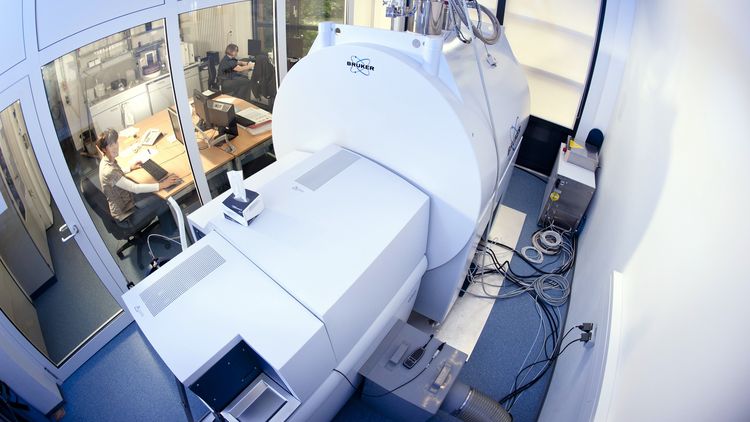Decaying plants release organic carbon compounds into soil, further distributed throughout the soil by rain and moisture. Hence, the global soils are a carbon sink, holding more carbon than all forests in the world. Up to now, it remains unknown why global soils retain these large quantities of organic carbon and what their fate could be in the wake of climate change. Recently, a group of scientists with the participation of Prof. Dr. Thorsten Dittmar, head of the research group Marine Geochemistry at ICBM, were able to unravel the fate of soil organic carbon.
A major contribution to the recent study was made by employing FT ICR mass spectometry for the analysis of soil water samples. For this purpose, the bridging group for Marine Geochemistry of ICBM and Max Planck Institute for Marine Microbiology disposes of one of the highest performance mass spectrometers in the world.



![[Translate to English:]](/f/5/_processed_/3/2/csm_ICBM-Logo-transparent-_91fe1c6774.png)
